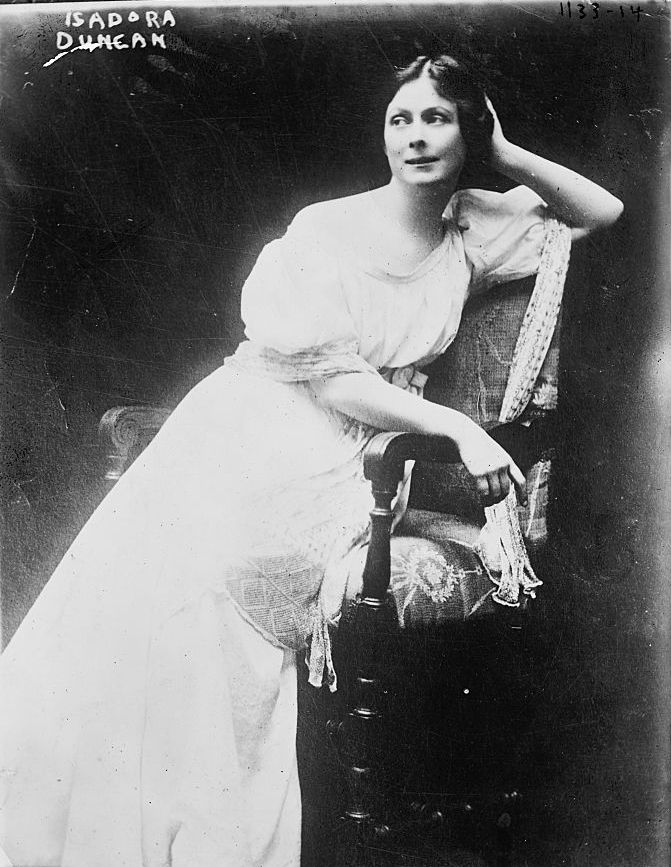
By Chuck Potter
Published on September 5, 2007
in The New London Day
East Lyme — The man who took Mohegan Community College from a concept in a basement office in Norwich to a cluster of classrooms in yet another basement — this one, part of a former high school — and onward to what is now the expanding campus of Three Rivers Community College, died Monday.
Dr. Robert Rue, 71, of Niantic, died following what seemed to be successful heart surgery over the weekend, his wife said.
His wife, Connie, six children and seven grandchildren survive him.
Rue, 71, of Niantic, was founding president and president emeritus of Mohegan Community College, was also president emeritus of C.S. Mott Community College in Flint, Mich., and served as president of Spoon River College in Canton Ill., Gordon Military College in Barnesville, Ga., and the founding dean of the Urban College of Boston.
Rue taught social sciences and humanities at those institutions as well as at the University of New Haven and the University of Connecticut, where he coordinated the Center for Academic Programs at the Avery Point campus in Groton.
“Of course I didn't know him as well as some others might, but Bob was man of vision,” said Three Rivers president Dr. Grace Sawyer Jones. “He did and extraordinary job here. This is a very special community college. I say that not as president, but from my experiences across the nation. Bob Rue appointed an excellent staff, and together they got the college off on solid footing.”
Prof. Emeritus Dr. James Coleman was a member of the English Department at Olivet (Mich.) College when he met Rue, then the director of community education. Coleman said he admired Rue for his commitment to community education and for the democracy he fostered among a college community.
Coleman joined Rue in Norwich in 1973 when the community college moved from the Bartlett building on Broad Street in New London to the former Notre Dame High School in Norwich, its current site. Coleman said Rue instituted a unicameral senate in which students and faculty worked together to decide the governance of the college.
“He had the ability to bring in people who didn't see themselves as college students,” Coleman said. “I admired that. It made the job very interesting. I was fortunate to work with him for a number of years.
Coleman reflected on Rue's compassion for people and his belief that everyone could and should get a college education.
He said Rue grew up in Detroit, living at the back of a bookstore his parents owned. He said Rue's dad, who worked in the Ford factory, was deaf, and that perhaps those early struggles contributed to Rue's love of people and strong desire to work with the underprivileged.
Connie Rue recalled her late husband's joyful way of life, counting his many endeavors, from playing Santa Claus to acting in movies, (“Meet Joe Black” among others) and commercials.
She said she and Rue met in 1987 in Illinois, were married a year later and came back to Connecticut six months after so Rue could be close to his four children. They opened the Little Professor Book Center, a bookstore in downtown Niantic.
“Everyone thought he gave it that name, but really it was a franchise from Ann Arbor,” she said.
Together the couple had six children: Lisa Rue, Melinda Rue Bates, Randy Rue, Christa Rue Mingo, George Rue and Julie Rue Browne.
Robert Rue, also a justice of the peace, had officiated at his daughter Julie Rue Browne's wedding in Windham Aug. 11.
Connie Rue called her husband the strongest civil rights advocate she ever knew. She laughed as she recalled her first trip east, a whirlwind weekend in New York. Their first morning in the city they awoke to a parade outside their hotel. It was Jesse Jackson and the Rainbow Coalition marching, she said.
“We jumped right in and marched right along with them,” she said.
“I was just getting to know this man. That was a strong emotional time in my life. He was a wonderful man, and a wonderful husband.”
Rue's life is well documented on his Web site www.drbobrue.com.
 Today was a good day for a balloon ride over Middletown. The weather might have been a little bit clearer to be perfectly photogenic, but the experience itself was the same. The staff of Fantasy Balloon Flights did a fine job piloting and landing the balloon, making for a memorable day.
Today was a good day for a balloon ride over Middletown. The weather might have been a little bit clearer to be perfectly photogenic, but the experience itself was the same. The staff of Fantasy Balloon Flights did a fine job piloting and landing the balloon, making for a memorable day.

